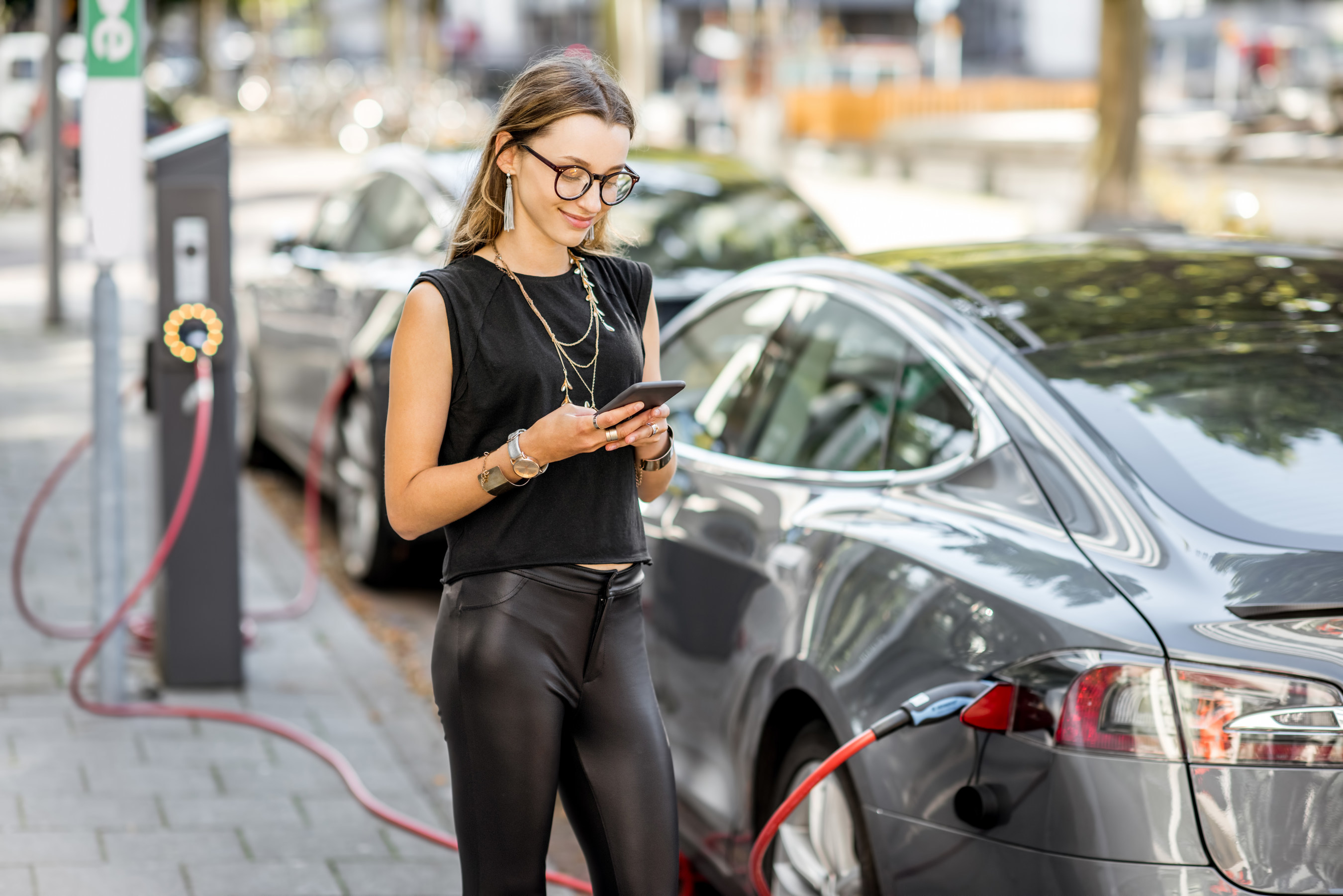
Nearly half of Canadians say they plan to buy an EV as cost concerns lessen: EY study
by CM Staff

The study shows that 46% of respondents planning to buy a car will choose an EV, up 11% per cent from 2021.

The EY Mobility Consumer Index 2022 reveals that consumers are continuing to travel less than in pre-COVID-19 times but their preference for the car — and electric vehicles in particular — is growing ever stronger. (CNW Group/EY (Ernst & Young))
TORONTO — The number of Canadians looking to buy electric vehicles (EVs) in 2022 has hit its highest level yet, according to the latest EY Mobility Consumer Index. It shows that 46% of respondents planning to buy a car will choose an EV, up 11% per cent from 2021.
The EV interest in Canada may lag the global average of 52%, but it exceeds purchase sentiment in the US (29%) and Australia (38%). Though, intention varies by region. Respondents in BC (54%) and Quebec (51%) express the most interest in purchasing an EV, while Prairies demonstrate the least (25%).
“These findings mark a tipping point in the car-buying market,” explains Jennifer Rogers, Automotive Leader at EY Canada. “Despite the drop in consumer travel over the past two years, preferences for car ownership — especially EVs — is growing stronger. Environmental preferences are increasing while costs are lowering, creating a ripe opportunity for consumers looking to make a purchase. In Canada, however, there’s still a way to go before the necessary infrastructure is in place achieve rapid adoption across the country.”
Environment still the top motivator for purchase
The survey finds environmental concerns (38%) are still the top factor leading Canadian consumers to consider buying an EV. While rising costs associated with internal combustion engine (ICE) vehicles (37%) emerges a new factor this year.
“There’s no doubt that gas price rises have played their part in making ICEs more expensive, but environmental concerns also remain top of the list of motivators,” says Rogers. “Consumers are becoming increasingly socially and environmentally conscious, and they’re willing to pay a premium to meet their environmental standards. It’s now up to the industry to meet this demand amid rising geopolitical risks and ongoing supply chain disruptions.”
Cost concerns fade
Upfront cost continues to be the biggest inhibitor to purchase (38%), however, that’s lowered considerably from 66% last year. In fact, a growing number of Canadians say they’re willing to spend more to get what they want — with 80% saying they would pay a premium and nearly two-thirds of consumers willing to pay up to 20% more than they would for an ICE vehicle.
Charging stations and range anxiety preventing purchases
Meanwhile, concerns around limited charging infrastructure have risen in 2022. Lack of easily accessible charging stations along travel routes (36%) and the absence of adequate home and work charging infrastructure (27%) are growing as the top inhibitors to EV purchase.
“The speed of this change has been eye-opening,” adds Rogers. “As cost becomes less of a factor and more Canadians seriously consider EVs as their next vehicle purchase, it’s important that our charging infrastructure and manufacturing capabilities adjust in the face of this demand.”